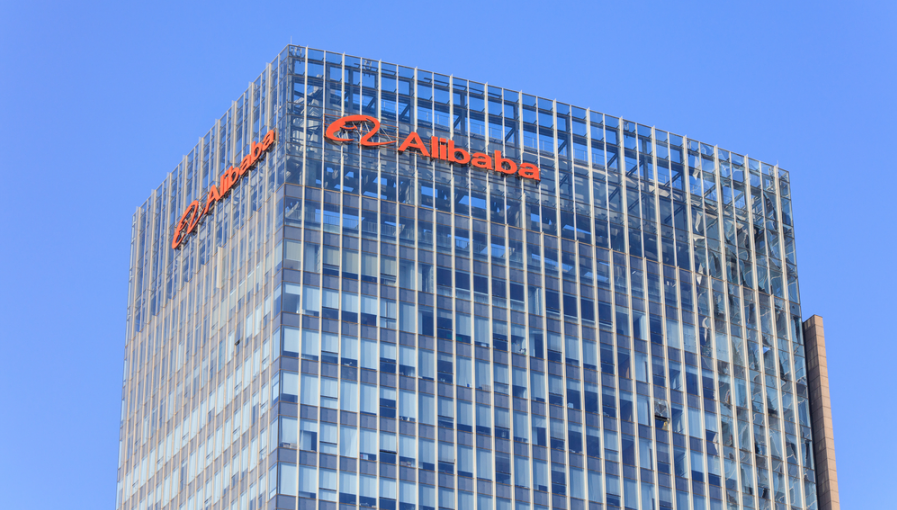It’s been a few years since Asia’s richest man Jack Ma (founder of the largest e-commerce in Asia, Alibaba) has got down to brass tacks in the financial and insurance sector. The latter transaction, involving its private equity fund Yunfeng Financial Group (based in Hong Kong), seeks to consolidate a position in the innovative financial services industry (fintech and insurtech) that through a number of conglomerate companies (standard Ma’s strategy) becomes pervasive and dominant.
Alibaba’s founder, together with other Asian investors, will invest $ 1.7 billion in acquisition, which will lead Yunfeng Financial Group to become the majority shareholder (60%) of MassMutual Asia, headquartered in Hong Kong while other companies, including SinaCorp and AntFinancial, the latter always owned by Alibaba, will share the remaining 40%.
With this transaction, Yunfeng aims to diversify its business. The goal of Jack Ma’s company is to sell new insurance products available with the purchase of MassMutual’s Asian branch through Youyu. Yunfeng’s president, David Yu, said he was certain that his company “is building its own financial ecosystem”. On the other hand, MassMutual will receive $ 1 billion in cash and become a shareholder of 25% Yungfen Financial Group, joining Jack Ma’s business for its future Asian development.
Among the pillars of Jack Ma’s insurance positioning with Alibaba, there is also Zhong An, probably the most important insurtech startup worldwide, certainly the one that has collected more venture capital: launched in 2013, as the first online-only insurance, which is characterized by the sale of exclusively web-based policies, in 2015 has achieved a unique investment of over $ 900 million with an appraisal of more than $ 8 billion, based also on the fact that the company in 2014 already had a turnover of $ 4.1 million, offering over 200 insurance products, with more than 3.6 billion policies subscribed by 369 million customers.
Among Alibaba’s most recent (and up-to-date) insurance operations, there is also the partnership between the Malaysian Lazada platform (wholly owned by the Chinese giant) and AIG Malaysia, focused on distribution in the company’s policy marketplace.
All this contributes to making the Alibaba group more and more impressive.

Listed since 2014 at the New York Stock Exchange, last June, Alibaba gained only $ 19 billion in $ 60 billion in its listing, reaching $ 367 billion: more than Tencent, the historical Chinese competitor, that in the meantime went from 330 to 339 billion; more than Exxon Mobil, at 345 (337); more than Johnson & Johnson, albeit very little, at 363 (350). It was tenth in terms of capitalization in the world and went to seventh place: with only one “non-digital” company, Warren Buffett’s Berkshire Hathaway at 418 (410), which separates it from the top 5 “digital” American companies: Apple, Alphabet-Google, Microsoft, Amazon and Facebook, in this order. What’s happened? According to the analysis proposed by EconomyUp, the reason is that the company is rapidly turning into a “big data conglomerate“: thanks to continuous, important investments in the development of advanced technologies (artificial intelligence, for example), it also grows its ability to use, crossing each other, collected data in related business, in e-commerce (with its pure meaning), in entertainment, in finance (payments and managed savings), in logistics and in the cloud.
“We are working to create the core digital and physical infrastructure for the future of business, including markets, payments, logistics, cloud computing, large data and many more fields – Jack Ma said in a letter to the stakeholders last October – Over the next few years, a retail industry completely different from today one, is expected to stand out, driven by the integration of online, offline, logistics and data into a single value chain. Electronic commerce is rapidly becoming a “traditional business” and for pure electronic commerce players there will soon be enormous challenges. This is why we are evolving, this is why we strive to play an important role in the enhancement of this new economic environment “.
In summary, according to Jack Ma, insurance policies are just products, to be sold online by leveraging innovative marketplaces, big data and the incredible synergies created by the various companies in the Group. In an Asian market, very dynamic in the insurance sector, this is due to economic and income growth; the emergence of new needs, such as cyber security; to the enhancement of technology; to the increase of the Millennials (digital natives) among the population with spending capacity. Growth in the Asian market goes mainly in the direction of digital: in 2016, for example, there were about 330 million online insurance clients in China, an increase of over 40% compared to the previous year, according to a survey of Ant Financial and CNBData.
